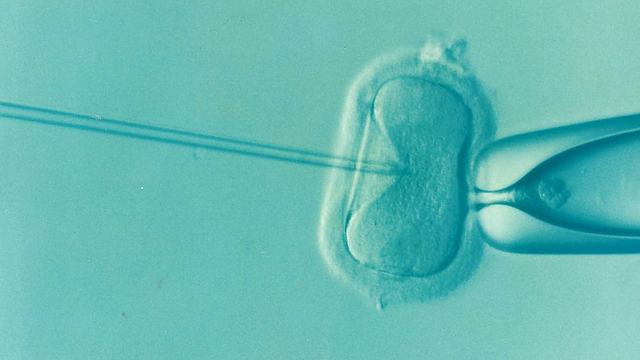
Reproduction technological advancements allow reproduction without intercourse, an
extension of reproductive age, and the creation of a designer baby. Continuous advancement
in this field opens new doors for infertile couples to become biological parents. But upgrading
the treatment process also raises ethical concerns.
The development of scientific advancement is rapidly increasing. The technological
improvement assists in build-up many families by creating a newborn where infertility issues
block this scope. Continuous medical research in this filed does not allow to decline this
progress shortly. Medical researchers already release the facts and features of human birth.
Recent developmental reproductive technology tries to reproduce perfect human.
Researchers believe detail knowledge of genetics and proper employment of genetics in the
field of the reproduction will eliminate potential illnesses and increase the survival rate of
the newborn child. Genetic preferences and creation of designer babies become possible due
to the assisted reproductive technological development along with prenatal intervention.
Gametes donation (both egg and sperm), cryopreservation of eggs, sperm, and embryos and
surrogacy are certain scientific miracles in the reproductive technology allow to born child
within circumstantial limitations and ill-health condition.
These alternative reproductive methods by using assisted reproductive technology have refined and increases the scope of success within the budget. These technological developments with a limited cost increase the popularity of different assisted reproductive technology.
Application of the biological tool allows DNA editing to correct the genetic sequences of
individual nucleotides. Many researchers from all over the globe have worked on germline
engineering to get detail information and understanding of the potential genetic conditions.
DNA analysis helps in the modification of the segments of man’s sperm or woman’s egg and
put in preferred characteristics to create an embryo. However, the ethical limitation does not
allow to produce designer children. Creation of babies with three sets of DNA also gets
possible by using germline engineering.
The reproductive technology advancement increases the scope to prevent genetic diseases
which pass through heredity and affect the offspring negatively. Thus, this technological
advancement is trying to provide a better life for the next generation by offering them
healthier and improve the quality of life to live a fuller life.
Researchers who are working in the field of reproductive technology have the hypothetical
the assumption that in near future embryo can be created without involving female eggs.
Researchers suggested that it will be a tricky process. Fertilization will be conducted between
sperm and a regular cell by involving the recoding process. This technical progression could
permit to create a baby for gay couples. It is a fact that a conflicting thought process in this
aspect does not allow technological interference in these delicate matters.
Researchers also have a very clear view to create and use artificial womb for reproduction.
The recent technological advancement does not completely achieve this target. But presently
the available technique allows 22 weeks fetus can survive in an artificial amniotic fluid even after
removing it from mother's womb in case of any unfavorable condition.
All the above mentioned technological advancement also have a different side to the coin.
Ethical and moral concern does not allow to implicate all these advancements, but it is clear
that the reproductive technological advancement offers more and more people to have their
biological baby.



